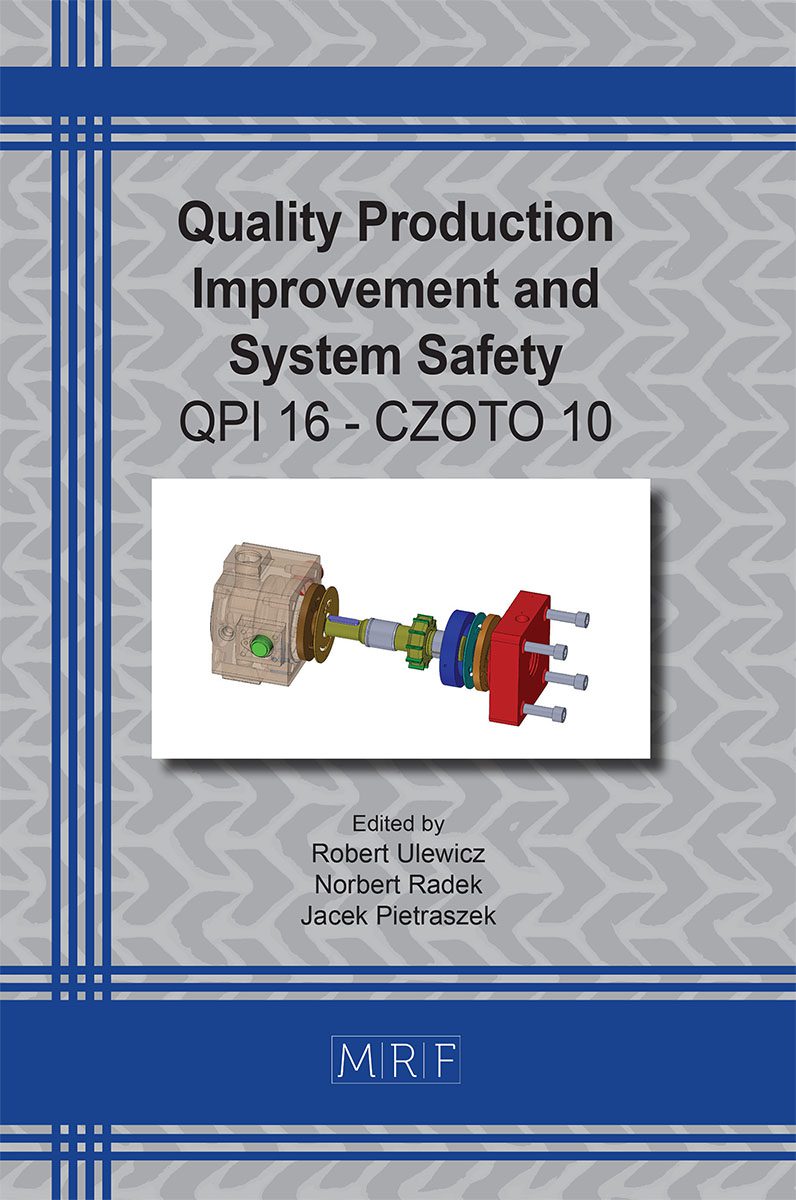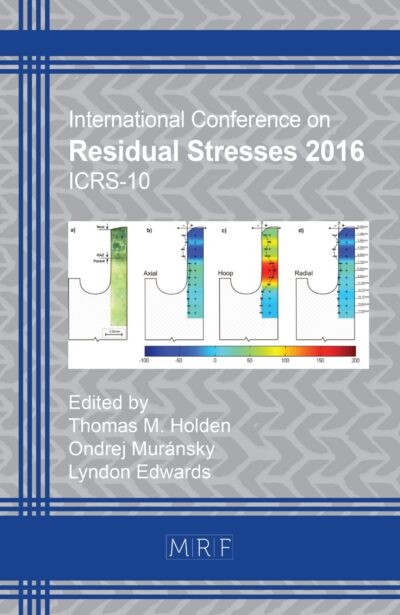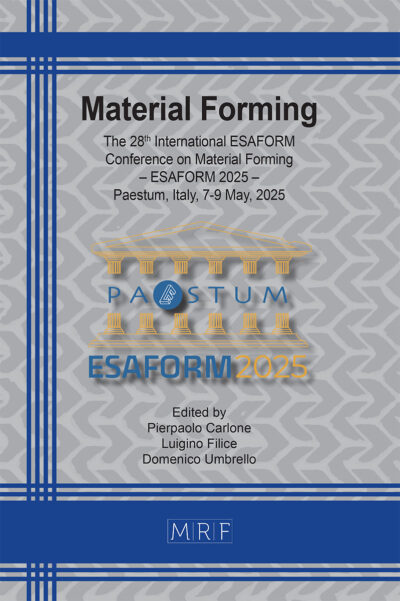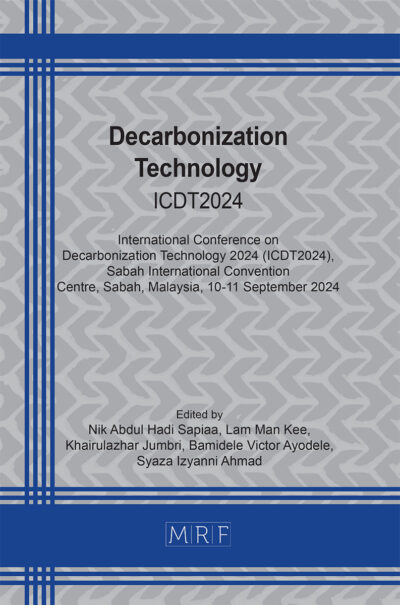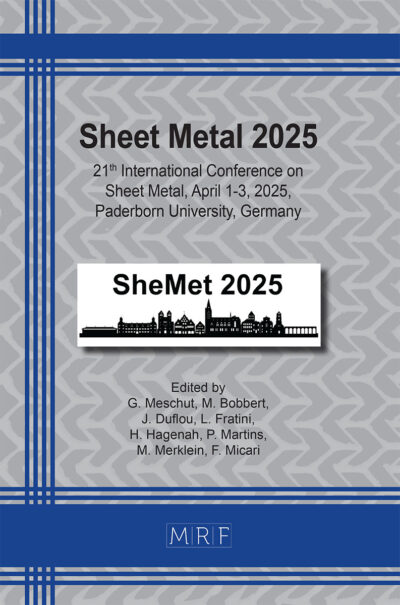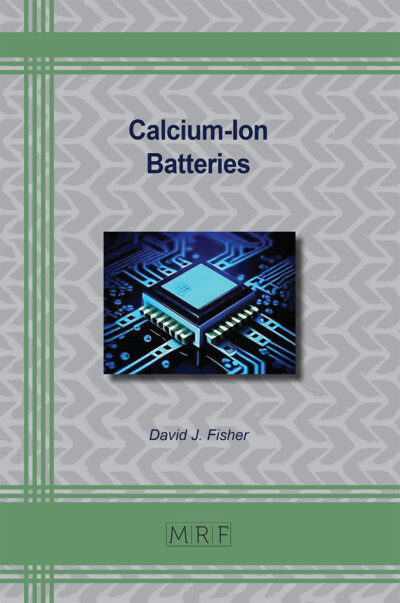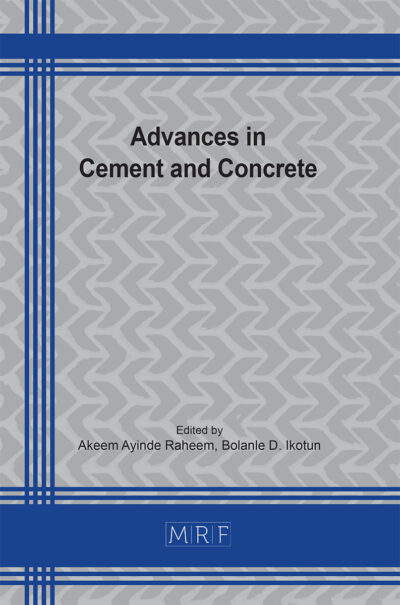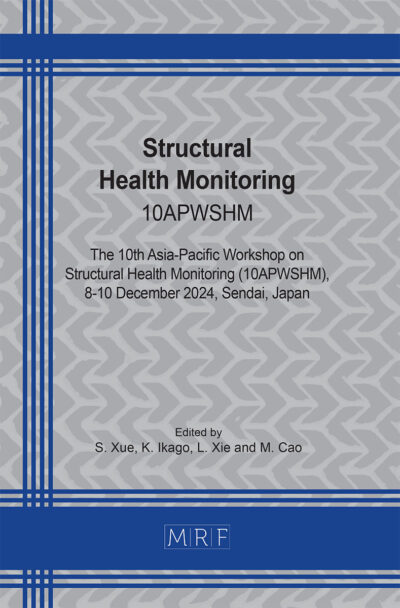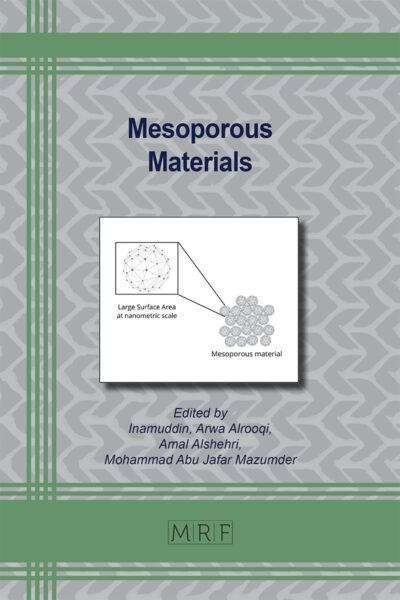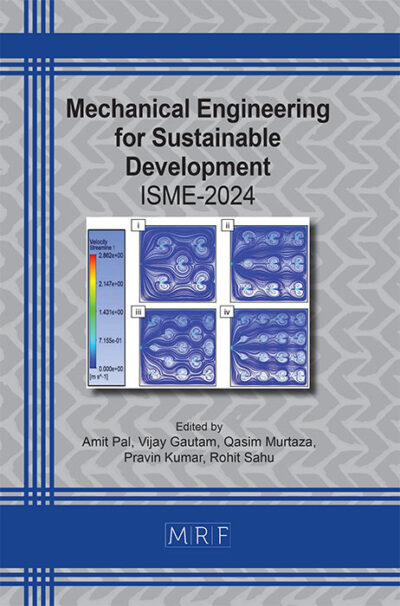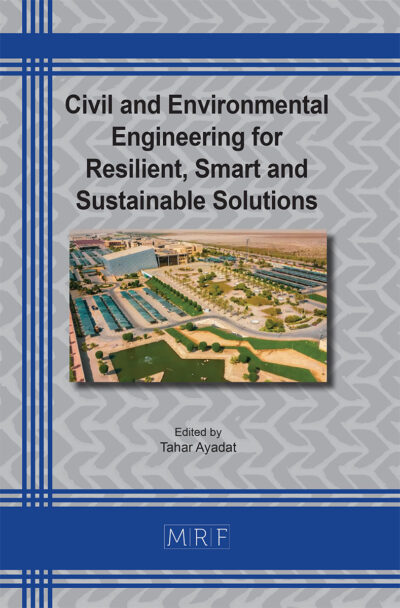The Importance of the Diet Catering Sector During the COVID-19 Pandemic and Its Impact on Families Eating Together
ROWIECKA Jacqueline Adriana, DZIUBA Szymon, CIERNIAK-EMERYCH Anna, JAROSSOVÁ Malgorzata A.
download PDFAbstract. Proper nutrition, physical activity, positive interpersonal relations, sleeping, and resting promote health and well-being. A varied and well-balanced diet is one of the fundamental factors influencing human mental and physical balance. Diet catering services involve providing customers with individualized sets of meals chosen based on their preferences and needs. The purpose of this paper is to analyze the importance of the diet catering sector during the COVID-19 pandemic, whose activities were not limited by government restrictions, and the impact of ordering a healthy boxed diet on eating together of all family members. The empirical study included customers of diet catering enterprises. Individual in-depth interview was used as a quantitative research technique. The analysis of the empirical study proved the extremely different behavior of the respondents, who had completely different views on the basic issues related to the measures that limit social and economic life. They often had no knowledge of the current pandemic and often performed a variety of mutually exclusive actions.
Keywords
Pandemic COVID-19, Diet Catering Sector, Families Eating
Published online 9/1/2023, 8 pages
Copyright © 2023 by the author(s)
Published under license by Materials Research Forum LLC., Millersville PA, USA
Citation: ROWIECKA Jacqueline Adriana, DZIUBA Szymon, CIERNIAK-EMERYCH Anna, JAROSSOVÁ Malgorzata A., The Importance of the Diet Catering Sector During the COVID-19 Pandemic and Its Impact on Families Eating Together, Materials Research Proceedings, Vol. 34, pp 315-322, 2023
DOI: https://doi.org/10.21741/9781644902691-37
The article was published as article 37 of the book Quality Production Improvement and System Safety
![]() Content from this work may be used under the terms of the Creative Commons Attribution 3.0 license. Any further distribution of this work must maintain attribution to the author(s) and the title of the work, journal citation and DOI.
Content from this work may be used under the terms of the Creative Commons Attribution 3.0 license. Any further distribution of this work must maintain attribution to the author(s) and the title of the work, journal citation and DOI.
References
[1] World Health Organization, Basic documents, Forty-eighth edition, 2014.
[2] J.S. Savage et al. Parental influence on eating behavior: Conception to adolescence, J. Law Med. Ethics 35 (2007) 22-34. https://doi.org/10.1111/j.1748-720x.2007.00111.x
[3] E. Adessi et al. Specific social influences on the acceptance of novel food in 2-5 years-old children, Appetite 45 (2005) 264-271. https://doi.org/10.1016/j.appet.2005.07.007
[4] J.O. Fisher et al. Parental influences on young girls’fruit and vegetable, micronutrient, and fat intakes, J. Am. Diet. Assoc. 102 (2002) 58-64. https://doi.org/10.1016/s0002-8223(02)90017-9
[5] T. Baranowski et al. Psychosocial correlates of dietary intake: Advancing dietary intervention, Ann. Rev. Nutr. 19 (1999) 17-40. https://doi.org/10.1146/annurev.nutr.19.1.17
[6] J.A. Hammsons, B.H. Fiese. Is Frequency of Shared Family Meals Related to the Nutritional Health of Children and Adolescents? Pediatrics 127 (2011) e1565–e1574. https://doi.org/10.1542/peds.2010-1440
[7] T.M. Videon, C.K. Manning. Influences on adolescent eating patterns: the importance of family meals, J. Adolesc. Health 32 (2003) 365-73. https://doi.org/10.1016/S1054-139X(02)00711-5
[8] M. Haapalahti et al. Meal patterns and food use in 10-to 11-year-old Finnish children, Public. Health Nutr. 6 (2003) 365-370. https://doi.org/10.1079/PHN2002433
[9] M.W. Gillman et al. Family dinner and diet quality among older children and adolescents, Arch. Fam. Med. 9 (2000) 235-240. https://doi.org/10.1001/archfami.9.3.235
[10] N.I. Larson et al. Family meals during adolescence are associated with higher diet quality and healthful meal patterns during young adulthood, Am. Diet. Assoc. 107 (2007) 1502-1510. https://doi.org/10.1016/j.jada.2007.06.012
[11] J. Wen et al. Effects of misleading media coverage on public health crisis: a case of the 2019 novel coronavirus outbreak in China, Anatolia 31 (2020) 331-336. https://doi.org/10.1080/13032917.2020.1730621
[12] S. Gössling et al. Pandemics, tourism and global change: a rapid assessment of COVID-1, J. Sustain. Tour. 29 (2020) 1-20. https://doi.org/10.1080/09669582.2020.1758708
[13] R.E. Caraka et al. Impact of COVID-19 large scale restriction on environment and economy in Indonesia, Glob. J. Environ. Sci. Manag. 6 (2020) 65-84. https://doi.org/10.22034/GJESM.2019.06.SI.07
[14] O. Gulcin et al. A comparative evaluation between the impact of previous out breaks and COVID-19 on the tourism industry, Int. Hosp. Rev. 36 (2021) 2516-8142. https://doi.org/10.1108/IHR-05-2020-0015
[15] C. Yılmaz, V. Gökmen, Neuroactive compounds in foods: occurrence, mechanism and potential health effects. Food Res. 128 (2020) art.108744. https://doi.org/10.1016/j.foodres.2019.108744
[16] Y. Ma et al. Carbohydrate craving: not everything is sweet. Curr. Opin. Clin. Nutr. Metab. Care 20 (2017) 261-265. https://doi.org/10.1097/MCO.0000000000000374
[17] L. Renzo et al. Eating habits and lifestyle changes during COVID-19 lockdown: an Italian survey, J. Transl. Med. 18 (2020) art.229. https://doi.org/10.1186/s12967-020-02399-5
[18] M. Gniazdowski, J. Rybacki, J. Sawulski. Polski Instytut Ekonomiczny 2020, Przegląd Gospodarczy PIE. 11 (2020) 20-27.
[19] Główny Urząd Statystyczny. Sytuacja społeczno-gospodarcza kraju w 2020, GUS, Warszawa, 2021.
[20] M. Ingaldi. E-service quality assessment according to hierarchical service quality models. Manag. Sys. Prod. Eng. 30 (2022) 311-318. https://doi.org/10.2478/mspe-2022-0040
[21] D. Klimecka-Tatar, M. Ingaldi. Service Quality Management in Term of IHRM Concept and the Employee Internationalization. Int. J. Qual. Res. 15 (2021) 753-772. https://doi.org/10.24874/IJQR15.03-05
[22] M. Jagusiak-Kocik, R. Ulewicz. Implementation of the QFD Method in a Construction Industry Company, LNCE 290 (2023) 416-423. https://doi.org/10.1007/978-3-031-14141-6_42
[23] M. Grebski, M. Mazur. Social climate of support for innovativeness, Prod. Eng. Arch. 28 (2022) 110-116. https://doi.org/10.30657/pea.2022.28.12
[24] M. Ingaldi. A new approach to quality management: conceptual matrix of service attributes. Pol. J. Manag. Stud. 22 (2020) 187-200. https://doi.org/10.17512/pjms.2020.22.2.13
“”

